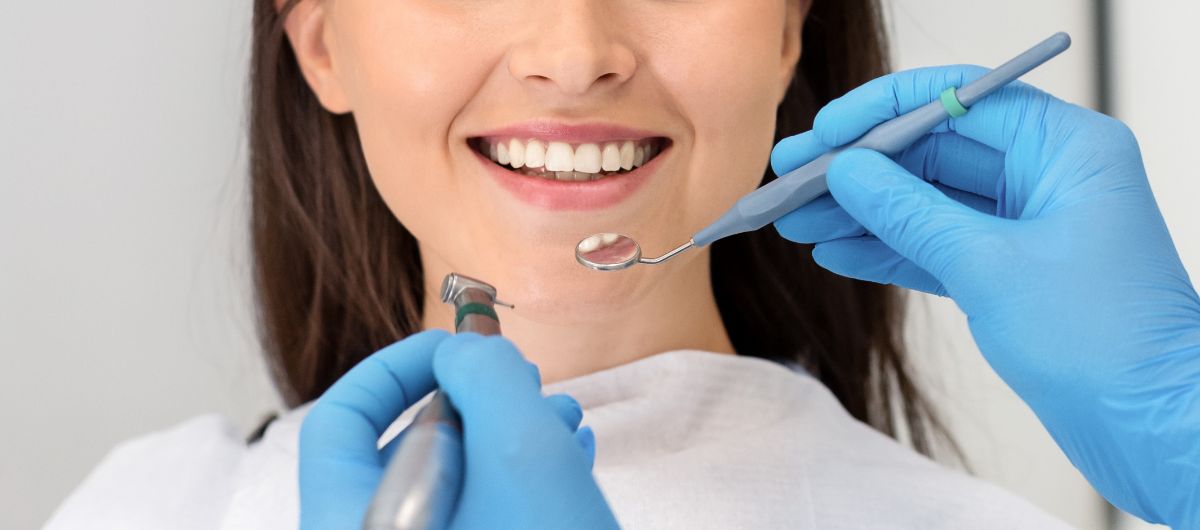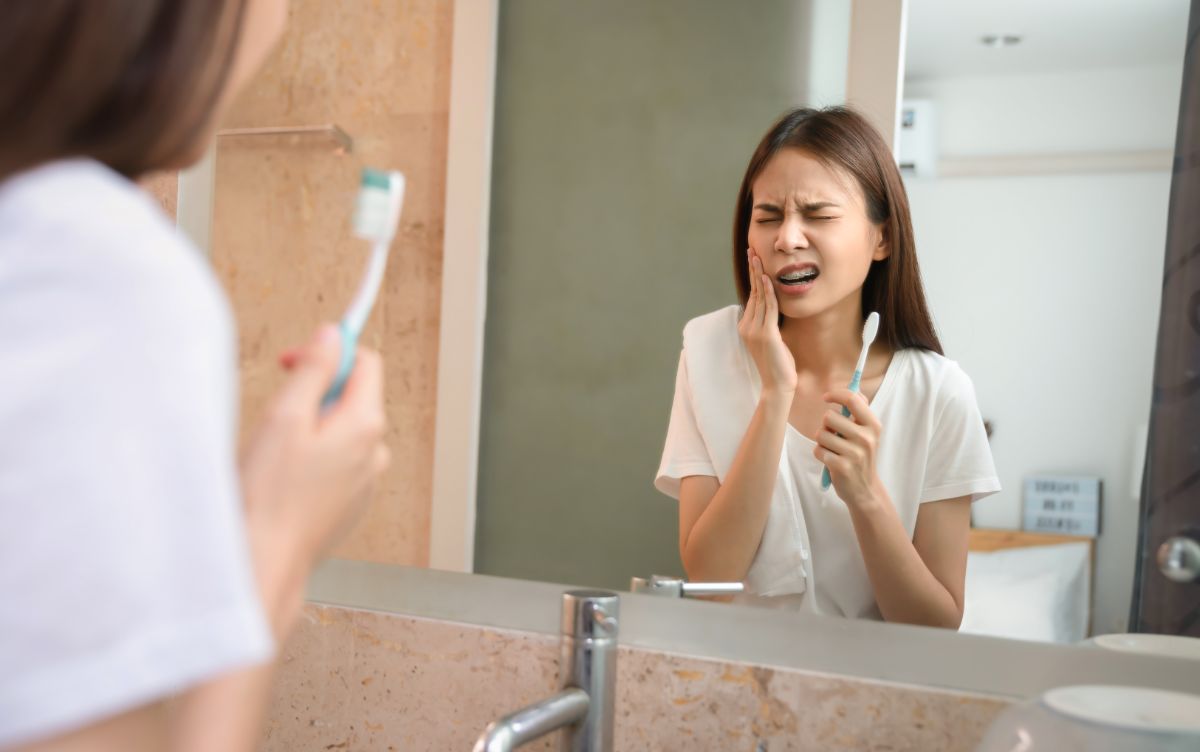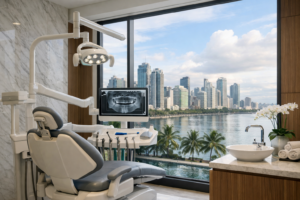5 Aftercare Tips for Your New Dental Filling

5 Aftercare Tips for Your New Dental Filling
What are the best care tips for dental fillings?
- Observe for pain and sensitivity
- Watch your diet
- Brush your teeth daily
- Floss regularly
- Schedule regular checkups with your dentist
If you have worn, decayed, or damaged teeth, there is a high chance that you need a dental filling. Fillings are made from various substances that can fill in parts of your damaged tooth, helping maintain the tooth structure and restore normal tooth function.
After your treatment, you need to learn about the care tips for dental fillings, so you can keep your restored tooth’s condition for a long time. Keep on reading to learn more!
Observe For Pain And Sensitivity
 After you get home from your dental filling treatment, you might be feeling some pain and sensitivity. Some people experience pain in the teeth beside the tooth that was filled, and this is normal. In most cases, the newly filled tooth is just passing signals to the neighboring teeth! Expect the pain to go away after some time.
After you get home from your dental filling treatment, you might be feeling some pain and sensitivity. Some people experience pain in the teeth beside the tooth that was filled, and this is normal. In most cases, the newly filled tooth is just passing signals to the neighboring teeth! Expect the pain to go away after some time.
Other than that, it is also common to experience sensitivity to hot and cold food and drinks for up to three weeks. To avoid this feeling, you can use toothpaste for sensitive teeth. It’s also a good idea to avoid hot or cold foods for a while.
If you experience pain in your dental filling, it might be because the filling is too high. You can contact your dentist to have it smoothed or reshaped. If you’re still experiencing throbbing and pain, this might be a sign that you have a deep decay which might need a root canal. Call your doctor if you have any concerns or worries.
Watch Your Diet
Once your dental filling is placed, it is important to be proactive when it comes to preventing decay from forming not just under or around the filling but also on your other teeth.
This is why it is important to watch your diet and keep it well-balanced by limiting your intake of sugary foods and drinks. This is because when the bacteria break down sugar in your mouth, they create acid that can cause tooth decay over time.
Aside from this, it’s also best to limit your consumption of hard foods, such as ice, candies, and other solid foods. These can put stress on your tooth filling over time and cause it to crack or fall out. Concerning this, it would also be best to avoid chewing on solid objects — whether they’re pens or straws.
What you can eat after a filling will depend on the type of filling you have. White fillings made of composite will harden once your dentist uses the blue light. This means that you can eat and drink right after the procedure.
But if you have metal dental fillings, most dentists would recommend waiting for a minimum of 24 hours after the procedure before consuming solid foods.
Brush Your Teeth Daily
Your daily oral hygiene regime can help you maintain the health and condition of your teeth, gums, and fillings. This means that you need to brush at least twice daily and treat your tooth filling like you would your natural teeth. Be extra careful and gentle when brushing your teeth after your filling.
By brushing your teeth properly, you can remove plaque and bacteria that continues to form on your teeth and around the gum line. Plaque can lead to cavities, tooth decay, and periodontal disease when not removed regularly.
When brushing, make sure to do it for two minutes each time. This way, you can ensure that you’re giving your teeth enough attention. A soft-bristled toothbrush with a small head is recommended as it can reach all areas of your mouth.
Remember to replace your toothbrush every three to four months, or when it starts to wear. Use fluoride toothpaste to extend the lifespan of your dental filling.
Floss Regularly
 Aside from brushing, you also need to floss daily, as this can help you remove plaque and food particles in places where you can’t reach with a toothbrush! To benefit from flossing, you need to do the proper technique. Check out the beginner’s guide to flossing by clicking here.
Aside from brushing, you also need to floss daily, as this can help you remove plaque and food particles in places where you can’t reach with a toothbrush! To benefit from flossing, you need to do the proper technique. Check out the beginner’s guide to flossing by clicking here.
It’s best to floss before you brush your teeth, so you can remove the dislodged food particles with brushing. It’s best to do it at least once a day, either in the morning or at night before you sleep.
Schedule Regular Checkups With Your Dentist
If you want to prolong the lifespan of your dental fillings and fix any issues before they worsen, it’s best to schedule regular checkups with your dentist. This way, they can take a look at your filling, and check for any damage. Your dentist will also recommend when to replace the dental filling.
Regular checkups and cleanings will also help you maintain good oral health, so you won’t need dental fillings in the future!
Key Takeaway
Follow these care tips for dental fillings, so you can prolong the lifespan of your newly restored teeth! Don’t forget to take care of not just your fillings, but the rest of your teeth, so you can avoid cavities and tooth decay.
If you want to get checked, you can schedule a consultation with us by contacting us today. We have branches in Bonifacio Global City and Greenhills that are equipped with state-of-the-art facilities and experienced dentists to provide you with the best dental care you deserve.













